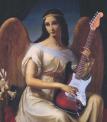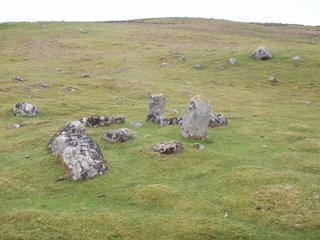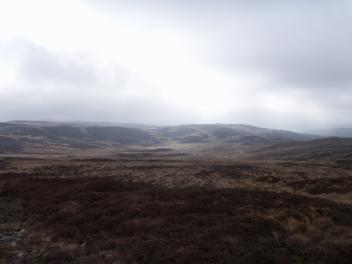Here is some interesting stuff from the local paper of 1922.
Northern Times, 20 April, 1922 p8.
Col 2.
Brora News.
Presentation to Mr Dowie, Evangelist " at the usual Evangelistic Meeting held in the Fisherman's Hall, Lower Brora on Saturday evening. Mr Dowie of Aberdeen who is now leaving the District was presented with a roll of treasury notes from the public of Brora, as a token of esteem for the helpful addresses he delivered at the recent revival meetings in their midst. The Rev D Thomson in making the presentation on behalf of the subscribers thanked Mr Dowie for his valuable services both at the Open Air Meetings and elsewhere. Mr Dowie in reply said that this came unexpected but he hoped they had derived some lasting benefits through the Meetings held in the past and that they would continue to hold them under the guidance of the Rev Mr Thomson and helpers in the future.
Special Easter Communion As the result of the revival meetings held in their midst, a scene unparalleled in the history of the Parish, if not in the Highlands, was witnessed in the Clyne United Free Church, Brora at the morning service on Sunday last. A special Easter Communion was held at which the Rev Mr Thomson, Minister officiated. There were 195 persons partook of communion, the average communicants number about 100, but on Sunday there were 80 new members belonging to the United Free Church. 30 belonging to the Free Church who partook of it for the first time. As the revival only started after the New Year it speaks volumes for the good work done for the Master that so many young people belonging to different denominations should sit down together for the first time. The scene was a most inspiring and impressive one and will long live in the memory of all who witnessed it.











